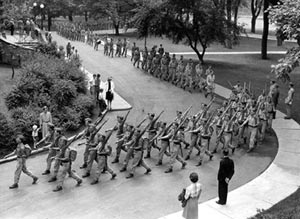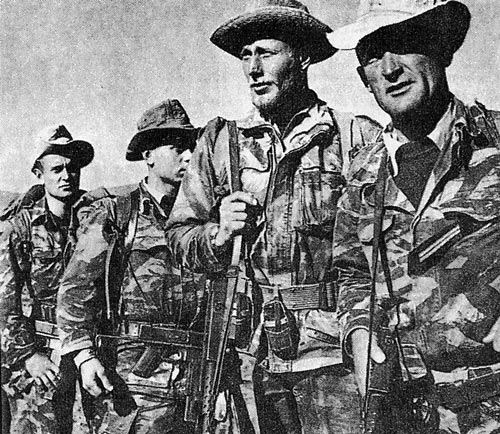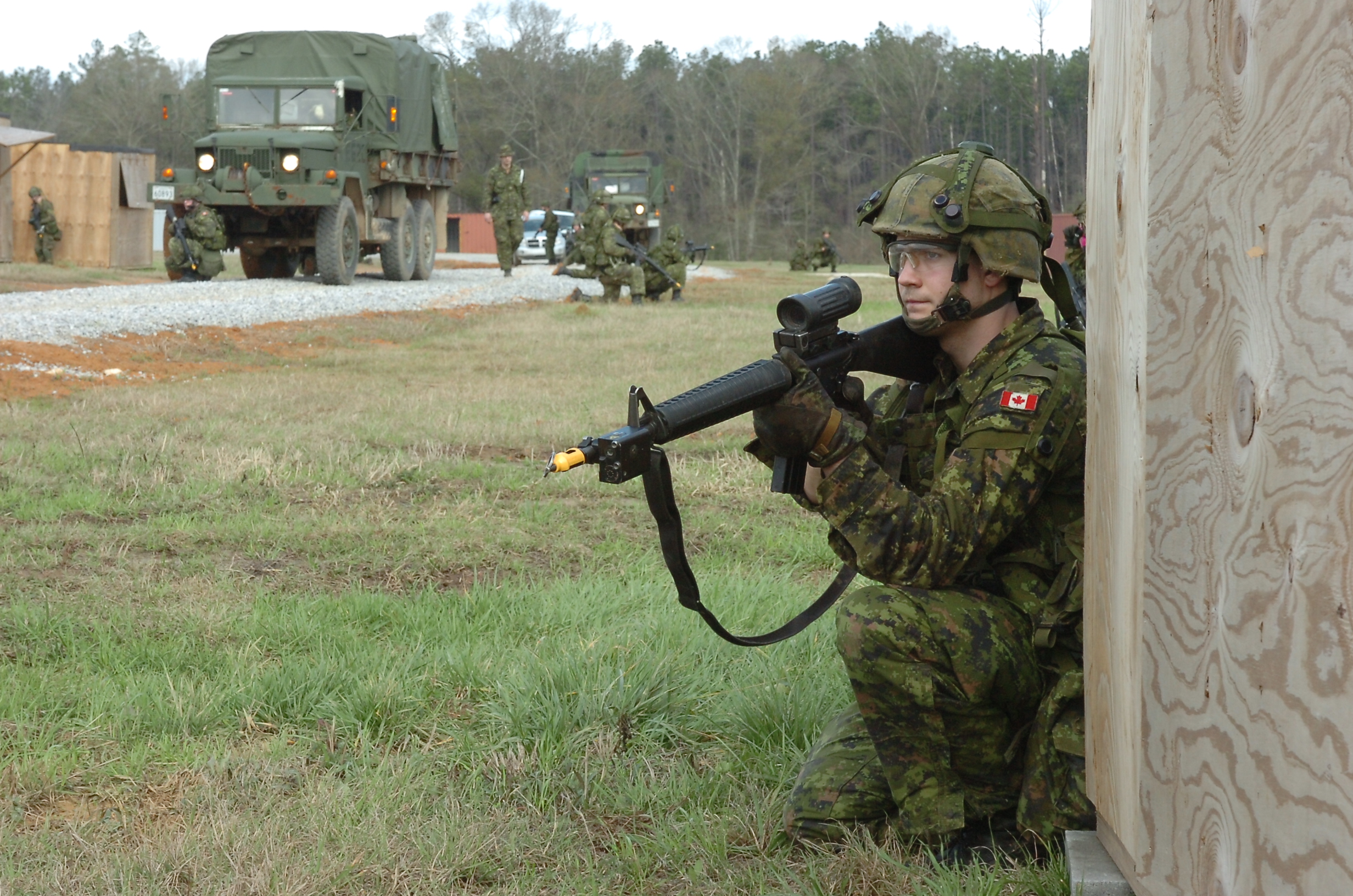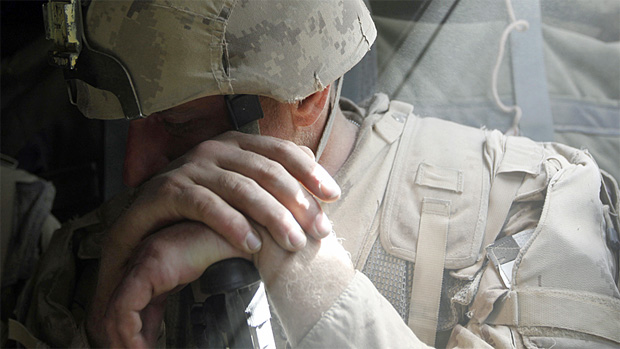This article is the second installment of a two part series on The Canadian Officers’ Training Corps programme. The initial background piece can be found here.
[captionpix align=”left” theme=”elegant” width=”280″ imgsrc=”http://natoassociation.ca/wp-content/uploads/2013/04/COTC-pic3.jpg” captiontext=””]
The Canadian Officers’ Training Corps (COTC) once produced exceptional leaders at Canadian universities. As university students, these officers-in-training were inculcated with the core values of the military and developed valuable leadership skills to compliment their studies. In the mid-1950s, the COTC program had 3000 officer cadets training in 60 reserve units at 35 universities across Canada. The program was cut in 1968, leaving a new generation of potential leaders bereft of a connection to the military. Canada is in need of leaders to guide its economy, military, government, and society. The future rests in the minds and hearts of young people. In order to maintain our nation and improve our armed forces, there must be a strong leadership program at Canadian universities.
Handling the Truth
Without a national program of inspiring military values, leadership, and providing officer training at universities, Canada risks creating a leadership deficient society. For the CF, there is a consistent need to retain officers who fall outside the Royal Military College (RMC) system. Captain Kristian Gustafson argues that while the Canadian Forces Liason Council (CFLC) encourages post-secondary institutions to make allowances for students in the CF it does not do enough. The central issue is one of values. For each student in the CF Reserve, the internalization of the military ethos is difficult when one must “switch” into military mode for the summer only and remain a civilian for the rest of the year, often with an undisciplined attachment to military duties. The link between two university terms and military culture is tenuous, so that anything learned in the summer is slowly steamrolled over by study, social engagements, and extra-curricular activities. Canada is clearly in need of an officer-leadership program that its two closest military allies-Britain and the United States-profit from.
In the British university system, interested students can join the University Officer Training Corps (UOTC) very easily. Once joining, the student is not technically part of the army but undergoes a leadership-training program. Approximately 40% of their time and budget is spent undergoing adventure training where they learn “the values, ethos, and career opportunities of the British Army.” At the end of their 3-year undergraduate degrees, they can further pursue their full officer qualifications at the Royal Military Academy at Sandhurst. Prior to this there is no obligation for one to stay in the program and for any candidate wishing to leave, the administrative burden is minimal. At the very least, a student in the UOTC will have gained insight into the values of the British Army, received valuable leadership and survival skills, and learned about future job opportunities.
In the United States under the Reserve Officers’ Training Corps (ROTC), university students enroll in leadership courses and credit classes “with a difference.” As a rule, they cannot be mobilized within their first two years. The U.S. Army funds each student’s tuition in full or in part, but in return it expects each student to fully commit to training days without pay. The system is highly effective for recruitment: nearly 100% of 3rd year students enter the army, with 90% going on active duty and the rest joining the Army Reserve or National Guard. On the ROTC website, the program boasts that it is “great for careers and decision-making, honing mental toughness.” One candidate from the University of Southern California, a school that has hosted the ROTC since 1940, excitedly describes her experiences as a “dream come true.”
A Path to Glory
Calls for a revival of the COTC in Canada have not fallen on deaf ears. Two key organizations are looking to connect civilians with the military: the Breakout Educational Network (BEN) and the Seven-Year Project (SYP). The Breakout Educational Network is a civilian driven organization committed to enacting public policy changes. By using video research, or “policy that you can see”, they have managed to produce influential television documentaries on Canada in Afghanistan, defense procurement, and the role of the Reserves. Ideally, they want to see the COTC back in Canadian universities in the form of the Canadian National Leadership Program. The Seven-Year Project, headed by Rob Roy, builds on the work done by the BEN. Roy reiterates that the COTC was a “Canadian success story thrown away.” The Senate Standing Committee on National Security and Defence, meeting in December 2011, agreed. In their report titled “Answering the Call: the Future Role of Canada’s Primary Reserve”, the committee reached the following recommendation:
The Reserves’ longstanding role as the Canadian Forces’ link with Canadian communities should be formally and more clearly defined. As part of this, DND/CF should consider re-establishing a military presence on the campuses of educational institutions, as used to be the case with the Canadian Officer Training Corps. The Canadian National Leadership Program provides a private-public partnership model for the training of Canada’s future leaders.
As Roy further outlines, plans are underway at universities to experiment with the program-a welcome dose of character-building and leadership opportunities on campuses. The reincarnated Canadian Officers’ Training Corps, the Canadian National Leadership Program, is now back in the minds of politicians and engaged citizens. After 45 years, Canada has the opportunity of producing the leaders it deserves.




